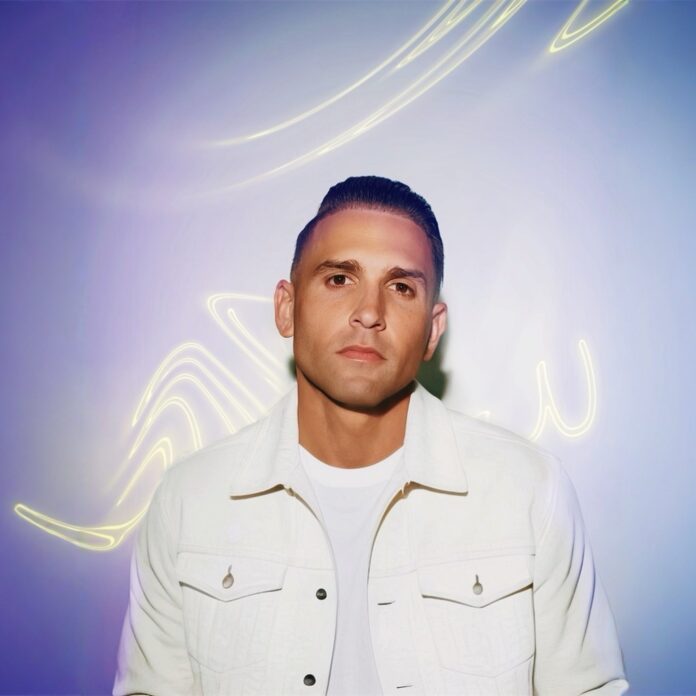Many non-Japanese fans of Dragon Ball Z got their first glimpses of the series on Toonami in the '90s and '00's when it was something unlike anything they'd seen before. Anime was just finding an increased foothold outside of Japan and was becoming popular among children with series like Pokémon, Digimon and Sailor Moon.
Unlike those other series, though, there was an unseen version of the Dragon Ball story. What fans weren't aware of at the time was the existence of the original Dragon Ball. They started in the middle of the story, but that might have been for the best.
It wouldn't be until 2001 that the original series would be dubbed for English-speaking audiences. To them, it was more of a prequel, rather than Dragon Ball Z being the sequel. Arguably, this is the best way to watch it. The high energy battles of Dragon Ball Z is an exciting entry point into the series, and with more complex storylines and a sense of urgency to just about everything the characters do. Dragon Ball's linear storyline can feel slow at times because of its one clear goal: finding the Dragon Balls. DBZ's storylines are still linear but often take more branching paths. Everyone's trying to find the Dragon Balls, but they also have to figure out "X" character's weakness, train to get stronger, etc.
Most of the antagonists are also connected to one another in some way. Radditz works for Vegeta, who works for Frieza. It isn't until the Androids that villains appear who don't already personally know any of the previous ones. Instead, Dr. Gero has a personal grudge against Goku, who destroyed the Red Ribbon Army. Dr. Gero was a founding member and head scientist of the Red Ribbon Army, so he held a deep hatred towards Goku for destroying everything that was important to him. This is where we first hear of Goku's previous exploits. Because the Android Saga happens in DBZ, newer fans won't know who the Red Ribbon Army is and why they're so important to Goku's backstory, giving initiative for the curious to go back and see what happened to learn about why Goku doesn't have a tail and how he knows Bulma and Master Roshi and Krillin.
However, going into the series without Dragon Ball also has its drawbacks. There's no context to what the Dragon Balls are and why they are important. The relationships between Goku and his friends also aren't clear, nor is the relationship between Goku and Piccolo. Many references to Dragon Ball are made in DBZ, so if a fan starts with the latter they may be left confused.
Despite that, although many characters and concepts have their origins fleshed out in Dragon Ball, DBZ stands on its own enough to warrant viewing it as the main series. Beyond that, many of the characters that carry over from the original series, like Tien, Yajirobe, Yamcha and, again, Piccolo, have had their relationships with Goku changed enough that watching Dragon Ball doesn't necessarily add any more context. All this to say, the series might work better as dessert, rather than the main course.
About The Author

